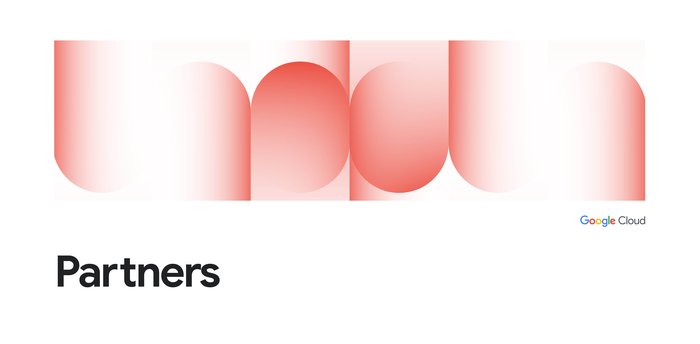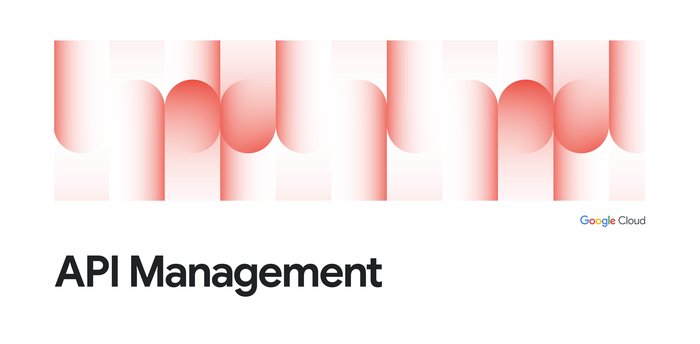Google Cloud helps retailers win the digital race
Thomas Kurian
CEO, Google Cloud
As I attend NRF 2020, retail’s biggest annual event today and speak with a number of leading retailers, one thing is clear: digital transformation is more than just a requirement. It’s a race. Retailers that transform the fastest are the most successful. We see this with retail leaders like Kohl’s and Lowe’s, who continue to innovate and reinvent themselves, and also with digital natives like Zulily and Stitch Fix, who have come up with entirely new ways to deliver great customer experiences.
Technology is the fulcrum for this transformation, and Google Cloud is working with retailers in three important ways:
- We’re helping retailers accelerate digital and omnichannel revenue growth;
- We’re helping them become more customer-centric and data-driven; and
- We’re providing solutions that help drive operational improvement.
Capturing digital and omnichannel growth—and eliminating interruptions
In a recent survey, one in 10 retail executives said their company’s website experienced an outage during Black Friday and Cyber Monday last year, and 72 percent said they experienced an outage within the past five years. We all know even a second in lag time can mean the difference between a sale and an abandoned cart, so uptime and speed are critical when shoppers are spending billions of dollars in a single day.
That’s why we’re excited to expand our Retail Acceleration Program (RAP) to a broader set of customers in 2020. RAP is a services offering that helps retailers optimize their websites, build a unified view of customer data, and drive increased foot traffic. Today, we’re also expanding the availability of Customer Reliability Engineering, a white-glove service that helps retailers plan and execute flawlessly during their peak shopping seasons. Customers such as Kohl’s, Wayfair, and Shopify have already turned to Google Cloud to help them stay worry-free during Black Friday and Cyber Monday.
Capturing omnichannel growth ultimately means creating better online experiences. Google Cloud offers several tools for retailers interested in providing more intuitive product discovery for consumers. We’re currently piloting one of these new tools—Google Cloud Search for Retail—and will bring it to the broader retail market in 2020. Powered by Google Search infrastructure and leveraging state-of-the-art cloud AI technologies, Google Cloud Search for Retail provides retailers with high-quality product search results for their websites and mobile applications—giving them the ability to surface the right products, to the right customers, at just the right time.
Retailers today are increasingly centralizing their user data in Google’s BigQuery data analytics platform, and then building personalization and recommendation models on top of this data. Today, we’re announcing Google Cloud 1:1 Engagement for Retail, a blueprint and best-practice guide on how to build these types of data-driven solutions effectively and with less up-front cost. Delivered by Google Cloud and our ecosystem of partners, 1:1 Engagement for Retail helps retailers create hyper-personalization at scale.
Helping retailers become more customer-centric and data-driven
Google is the first place that shoppers go to discover new brands and products. Hundreds of millions of people shop each day across Google properties including Search, YouTube, Shopping, Google Assistant and Maps. We help retailers expand their reach with Google Ads, as well as empower them to better understand their shoppers with advanced analytics, so that they can optimize their spend across channels.
As digital influence on sales continues to increase—and newer fulfillment options such as “buy online, pick up in store” or “ship from store” continue to become popular—there’s even more pressure on retailers’ supply chains. Being accurate with inventory planning and operating a more streamlined supply chain can be the difference between success and failure. Google Cloud’s new Buy Optimization and Demand Forecasting service offering allows retailers to plan inventory and manage their supply chains to deliver the right products to the right channels.
One retailer using these solutions is Carrefour, one of the largest grocery retailers in France. Carrefour needed to ensure it had the right products, in front of the right shoppers, at the right store location. With Google Cloud, Carrefour developed an assortment recommendation tool that helped the chain support a more personalized selection at the store level, giving store directors the autonomy to influence inventory needs. The tool also gives Carrefour headquarters visibility into the merchandising decisions by each of their franchise stores.
Driving operational improvement by merging online and offline
Retail customers are becoming more and more “channel-less” in their shopping. It’s imperative, then, to provide a consistent experience for customers as they move between channels in their shopping journeys. Our Google Cloud API Management for Retail solution, powered by Apigee, allows retailers to easily integrate the systems that power different sales channels, providing a more unified shopping experience for customers.
Retailers struggle with the real estate that bulky computer servers take up in their stock rooms, and also face challenges in centrally managing all of their server applications. Today, we’re piloting Google Cloud Anthos for Retail, which helps retailers streamline and modernize their store operations. Rolling out more broadly in 2020, Anthos for Retail enables retailers to consistently deploy, configure, and manage applications across their fleet of stores at scale—without sacrificing performance or reliability.
Speaking of stores, nothing is more critical for retailers than ensuring their frontline workforce is able to collaborate efficiently and effectively. The demographics of frontline retail workers are changing rapidly. Even as a more tech-savvy workforce comes online, many retailers still lag in putting cutting-edge tools in the hands of their employees—and this translates to delivering poor customer experiences. In fact, according to one Google study, more than 50 percent of frontline workers say that technology at their workplace has not changed in the last five years.
With G Suite, Chrome Enterprise, and Android, we can help drive this transformation. G Suite enables retailers to improve productivity with easy-to-use tools that foster collaboration across the organization. Chrome Enterprise allows retailers to deploy shared, cloud-native devices that are secure, mobile and allow any employee to sign in and pick up where they left off. And Android devices can power dynamic store associate apps that digitize processes like stock checking and reordering to both collect signals from your store and make information available in real time to your store associates allowing them to proactively service your customers better.
One example of this is Lowe’s. Using Android-based mobile devices and Google Cloud technology, the home improvement store, is giving its store associates the ability to view and update pricing and inventory on-the-fly. In fact, the company has recently rolled out 88,000 SMART Mobile devices to allow its associates to efficiently access real-time data without leaving the sales floor or losing engagement with a customer.
Staying viable in the retail market today means using technology to solve big problems. Google continues to innovate and provide industry-specific tools that help retailers not just keep up with the competition, but also to win the ever-changing race.
Here’s where you can learn more on Google Cloud for retail.


